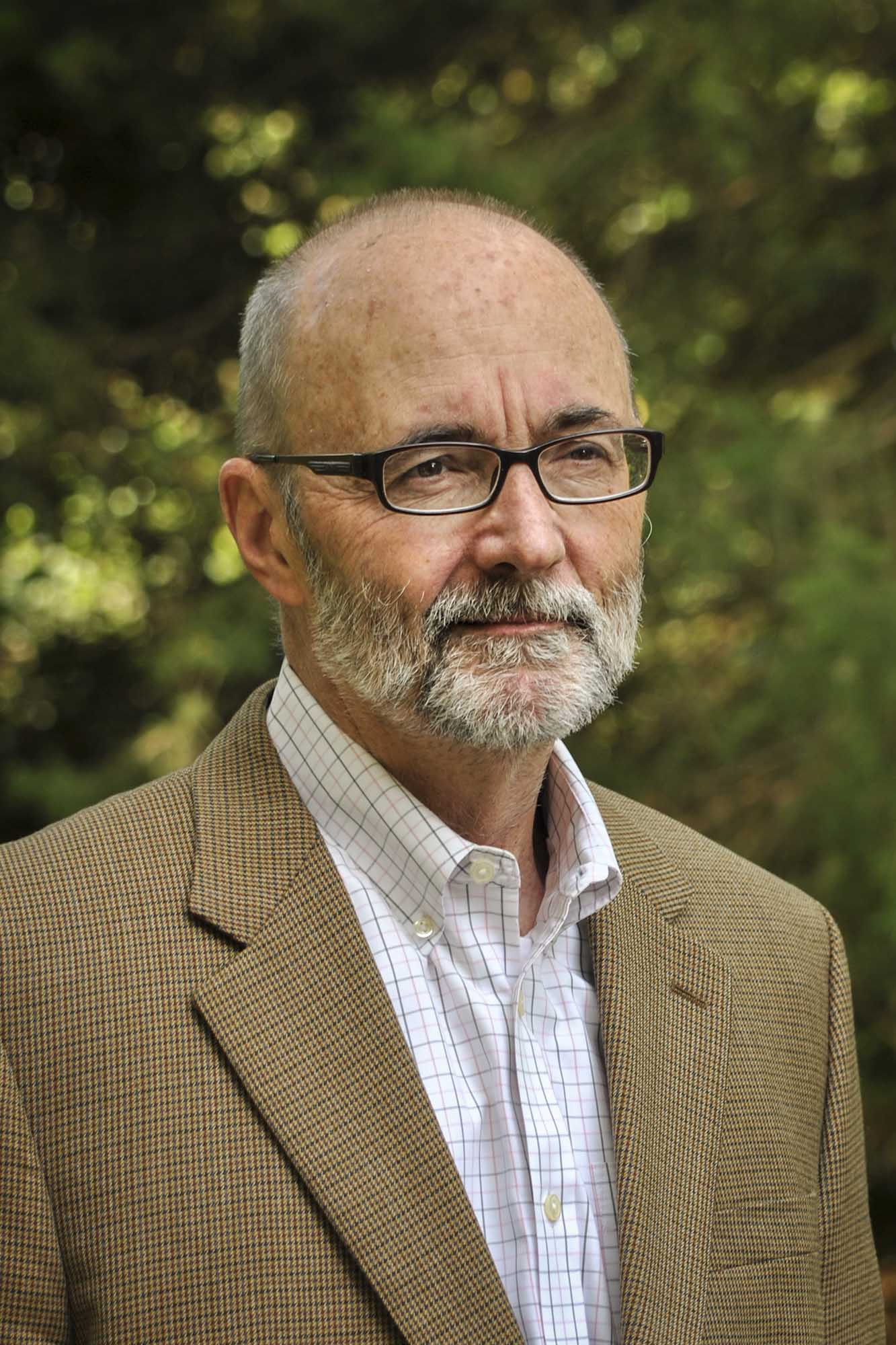Researchers at UVA Cancer Center have unveiled important new insights into how hormones known as androgens act on our cells – and the discovery could boost efforts to develop better treatments for prostate, ovarian and breast cancers.
The findings shed light on how androgens interact with their receptors inside cells to affect genetic activity. This process is important in both healthy cells and certain cancers. Hormone therapy for prostate cancer, for example, aims to reduce the amount of androgen in the body, or to stop it from fueling the cancer cells. However, the approach does not work for some men, and for others it eventually fails. So scientists are eager to better understand how our cells – and cancer – interact with androgen.
“Our study reveals a new mechanism for how androgen regulates communication within prostate cancer cells,” said Bryce M. Paschal of the UVA School of Medicine’s Department of Biochemistry and Molecular Genetics. “Anti-androgen therapies continue to be the cornerstone for prostate cancer therapy. The better we understand how androgens work, the better clinicians will be positioned to understand why it fails, and how even better therapies can be designed.”
Androgen and Cancer
In a new paper in the journal Nature Communications, Paschal and his colleagues describe how a complex signaling system regulates androgen receptor activity. The system, they found, uses a “writer” and a “reader” to modify cellular proteins – sort of like how a computer reads and writes information.
Scientists have appreciated the importance of these modified proteins, but understanding just how they influence the androgen receptors has been difficult. One key to the regulation process, found by Paschal and his team, is an enzyme, Parp7, produced by the PARP7 gene. Parp7 is part of a family of enzymes involved in important cellular functions, including DNA repair.

Bryce Paschal of the School of Medicine’s Department of Biochemistry and Molecular Genetics was among the researchers who recently published their findings in the journal Nature Communications. (Contributed photo)
Certain cancer drugs already target certain Parp enzymes; these drugs are used to treat prostate, ovarian and breast cancers in patients who have mutations in DNA-repair genes. And while androgens are usually discussed in the context of prostate cancer, androgens may be important in ovarian and breast cancer as well.
Paschal’s new findings offer fresh insights into these Parp drugs and could lead to improved treatments that help patients get the best outcomes. Further, Paschal and his team found lower levels of Parp7 in prostate cancer that has spread to other parts of the body than in the initial tumors. That may suggest that a reduction in Parp7 is associated with the progression of the disease, the researchers say.
With their new androgen insights, Paschal and his colleagues have provided scientists with important new directions to explore in the battle against prostate and other cancers.
“Our next steps will be to use pre-clinical models to determine the role this pathway plays in prostate cancer progression, and whether inhibition of the pathways slows disease,” Paschal said. “We are very excited by what we have learned thus far. Our study emphasizes there is still so much to be learned, and that basic science plays a critical role in defining the molecular context for enzyme and drug action. “
About the Research
The research team consisted of Chun-Song Yang, Kasey Jividen, Teddy Kamata, Natalia Dworak, Luke Oostdyk, Bartlomiej Remlein, Yasin Pourfarjam, In-Kwon Kim, Kang-Ping Du, Tarek Abbas, Nicholas E. Sherman, David Wotton and Paschal.
The work was supported by the National Institutes of Health’s National Cancer Institute, grant CA214872.
To keep up with the latest medical research news from UVA, subscribe to the Making of Medicine blog.
Media Contact
Article Information
May 19, 2021
/content/new-insights-hormones-action-could-help-battle-against-prostate-cancer

